You’ve likely heard about the infamous PR disasters experienced by major companies like United Airlines, BP, and Equifax. Each of these crises serves as a stark lesson in what not to do, but also offers valuable insight into effective crisis management strategies. So, what exactly went wrong, and more importantly, how can you ensure your company doesn’t make the same mistakes? Let’s dissect these cases and uncover the key takeaways that can fortify your own crisis management plan.
Understanding PR Crisis Management
Let’s dive into understanding PR crisis management, a crucial strategy that safeguards your company’s reputation during adverse events.
At its core, PR crisis management revolves around planning and executing strategies to protect your image during negative incidents. Effective management is characterized by swift and efficient crisis handling, speedy recovery, and minimal impact on long-term trust.
Your strategies should clearly define potential harmful situations, outline response steps, and cover media handling and post-crisis actions. It’s not enough to simply react to a crisis; you need to anticipate and prepare. You’ve got to be ready to face the music when things go wrong, whether it’s a scandal, a data breach, or a mishandled situation.
Media handling is another critical aspect of your strategy. You need to control the narrative before it controls you. This means getting ahead of the story, delivering clear and honest communication, and showing genuine concern and resolution efforts.
Lastly, don’t underestimate the power of social listening. Monitoring brand mentions and using media tools can help detect crises in time, enabling preemptive action. It’s about keeping your ear to the ground, listening to what’s being said, and responding effectively.
Infamous PR Crisis Examples
Now, consider some infamous PR crisis examples that illustrate the potential fallout when companies fail to adequately manage adverse situations.
Firstly, United Airlines’ crisis management was tested when a passenger was forcibly removed from a flight. The incident quickly spread on social media, damaging their reputation due to a lack of transparency and honesty in their initial response.
BP’s Deepwater Horizon oil spill in 2010 is another example. The environmental damage and financial losses caused a significant PR crisis, worsened by their slow response and perceived lack of accountability.
Volkswagen’s emission scandal in 2015 further illustrates the importance of honesty. Their deceit damaged their reputation and sales, proving that effective crisis management isn’t just about responding to a crisis, but also about preventing one through ethical business practices.
Equifax’s data breach in 2017 and Wells Fargo’s account fraud scandal in 2016 both underscore the importance of transparency. In both cases, trust was significantly damaged due to the companies’ handling of the situations.
These PR crisis examples highlight the importance of effective crisis management, particularly the need for transparency, quick response times, and honesty in communication.
Effective PR Crisis Strategies
To safeguard your company’s reputation during a crisis, establishing a dedicated crisis management team should be your first step. This team will be responsible for coordinating rapid responses and implementing effective crisis management strategies.
Here are some crucial steps to consider:
- Form a crisis management team that’s organized and prepared, ensuring everyone knows their roles and responsibilities. Swift action can help mitigate the impact of any crisis.
- Implement a comprehensive crisis communication plan. It should contain key messaging strategies, stakeholder engagement procedures, and plans for media monitoring.
- Emphasize transparency. Honest and open communication helps build trust with stakeholders and can soften the blow of a PR crisis.
- Utilize media monitoring. It’s essential to keep track of brand mentions and sentiment trends. This information can guide your crisis responses.
- Regularly conduct crisis simulations. This practise prepares your team for potential crises, helping them respond more effectively when the real thing hits.
Crisis Management: Successful Cases
Delving into successful cases of crisis management, you’ll find that companies like Johnson & Johnson and Cleveland Clinic Abu Dhabi have demonstrated exceptional skills in managing PR crises. Johnson & Johnson’s handling of the Tylenol crisis is a prime example. Their swift product recall, honest and transparent communication with the public, and introduction of tamper-proof packaging showed successful crisis management at its best.
Cleveland Clinic Abu Dhabi, on the other hand, dealt with the COVID-19 crisis in a proactive manner. They set up a dedicated crisis response team, coordinated with other healthcare facilities, and prioritized staff safety, demonstrating a clear commitment to transparent communication and proactive crisis response.
The key to their success? Quick, decisive actions, thorough preparedness, and open communication. These examples highlight the importance of these factors in mitigating the impacts of crises.
Key Takeaways From PR Crises
Let’s unpack some key takeaways from PR crises, shedding light on the crucial role of transparency, accountability, and rapid responses in effective crisis management. When a crisis strikes, it’s the response that can make or break your company’s reputation.
Here are some key lessons you can glean from past PR crises:
- Be Transparent: When United Airlines faced a passenger mishandling incident, their initial lack of transparency only escalated the situation. Transparency fosters trust, so always be clear and honest in your communications.
- Accountability Matters: Facebook’s data scandal highlighted that accountability isn’t optional. Accept responsibility, apologize sincerely, and take decisive action.
- Quick Response Times: Wells Fargo’s account fraud scandal emphasized the importance of swift responses. The quicker you respond, the better you can control the narrative.
- Effective Communication is Key: In any crisis, clear and timely communication with stakeholders is crucial. Develop a robust crisis communication plan.
- Proactive Planning: The Volkswagen emissions scandal underlines the importance of proactive crisis planning. Anticipate potential crises and have a response plan ready.


